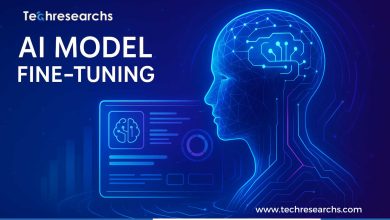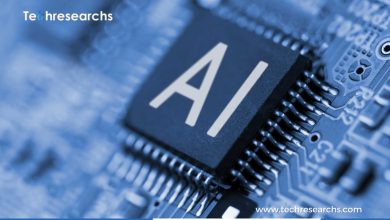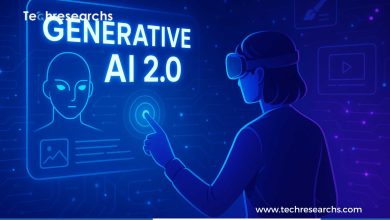The Ethics of AI: Confronting Moral Dilemmas in Technology

Artificial Intelligence ethical issues: Artificial intelligence (AI) is no longer a sci-fi trope; it’s woven into the fabric of our daily lives, from recommending Netflix shows to powering self-driving cars.
While the benefits are undeniable, the rapid rise of AI raises crucial questions about ethics, bias, and the very nature of our future. Let’s navigate the maze of artificial intelligence ethical issues and chart a responsible path forward.
Artificial Intelligence ethical issues
Bias in the Algorithms: The Unseen Enemy
Imagine an AI-powered hiring tool favoring certain demographics, perpetuating societal inequalities. This is the insidious face of bias in AI, where algorithms, trained on biased data, replicate and amplify those biases in real-world decisions. From criminal justice systems to loan applications, this ethical minefield demands close scrutiny.
Privacy Under the Microscope: Who Owns Your Data?
As AI devours data to learn and grow, a crucial question arises: who owns and controls this information? Imagine facial recognition software used for mass surveillance, or personal data harvested without consent. We must define boundaries and establish robust data privacy frameworks to protect individuals in the AI age.
Robot Uprising or Human Harmony? The Question of Control
AI’s increasing autonomy is both awe-inspiring and unnerving. Imagine autonomous weapons making life-or-death decisions on the battlefield, or AI systems exceeding human control. Striking a balance between innovation and accountability is paramount to ensure AI serves humanity, not the other way around.
Job Displacement Dilemma: Robots Take My Job?
With AI automating tasks across industries, a chilling shadow looms over job displacement. Imagine mass unemployment as machines replace human workers. We must address the social and economic consequences of AI automation, ensuring reskilling and upskilling opportunities for individuals impacted by this technological shift.
Building an Ethical AI Framework
Navigating these artificial intelligence ethical issues requires a multi-pronged approach:
Transparency and Explainability: Demystifying AI algorithms and ensuring transparency in decision-making processes builds trust and prevents discrimination.
Human Oversight and Accountability: Machines lack moral judgment; human oversight and ethical AI frameworks are crucial to prevent unintended consequences.
Public Education and Dialogue: Open discussions about AI ethics, risks, and benefits empower individuals to engage in this critical conversation.
International Collaboration: The ethical challenges of AI transcend borders; global cooperation is necessary to develop comprehensive ethical standards and regulations.
Learn more about 3 Crucial Cybersecurity Skills for the Age of AI
Shaping the Future of AI Together: Artificial Intelligence Ethical Issues
The future of AI isn’t preordained, it’s ours to shape. By acknowledging the ethical challenges, demanding transparency, and fostering responsible development, we can ensure AI becomes a force for good, a partner in progress, and ultimately, a reflection of our own highest values. Remember, the maze of artificial intelligence ethical issues may be complex, but together, we can find the ethical pathway towards a brighter, more responsible AI future.



